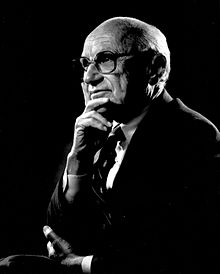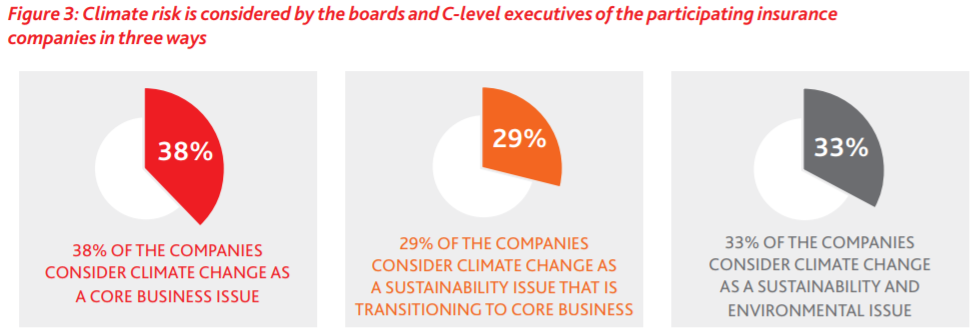Fr Dan Horan, OFM, describes three subheadings of Chapter One of the 2015 encyclical of Pope Francis,
Laudato Si, (A) Pollution and Climate Change; (B) The Issue of Water; and (C) Loss of Biodiversity. This article shares some good news in the these themes at the end of 2018.
Sarah Rieger writes that five new green energy collaborations between private companies and Alberta First Nations are expected to create 1,000 jobs and enough renewable electricity to power nearly 300,000 homes.
 |
| Source: https://i.cbc.ca/1.4950250.1545108463!/fileImage/httpImage/image.jpg_gen/derivatives/16x9_780/chief-roy-fox-of-kainai-first-nation.jpg |
The partnerships are the latest phase of the provincial government's renewable energy program. She quotes Chief Roy Fox of Kainai First Nation.
"We're very fortunate that the Alberta government has understood us. They appreciate the need for us to become involved on the business side of alternative energy. It's a milestone," "We've been in the oil and gas sector for about seven decades … so this is another opportunity we feel the creator has given us."
Elijah Wolfson writes in 2016, for the first time, the share of global energy that came from renewables passed 10%. According to the International Energy Agency, the world got nearly 25% of its electricity from renewables in 2017, and that number should jump to 30% within the next few years.
Ted Turner looks back on the past 20 years since he started the United Nations Foundation, he still considers the philanthropy to support the UN to be the best investment he ever made.
The biggest threats to humanity today — aforementioned climate change, nuclear proliferation, gender inequality, and poverty, among others — don’t have simple solutions or they would already be fixed. We have to try to figure them out, though, not only because it’s the right thing to do but also because history tells us that progress is possible when we act. We live in an era of astounding technologies, resources, and knowledge; now we need the will.
We don’t have the luxury of time to waste on despair, doubt, and division. We need to act now. And we need to act together. As my good friend, the late, great Kofi Annan, said, "More than ever before in human history, we share a common destiny. We can master it only if we face it together."2
Elijah Wolfson observes that we are beginning to save more previously endangered species.
It’s a bit hard to contextualize how many endangered or threatened species we’ve been able to save, since their ranks grow as as humans explore more of the world and find new species we must assess. But the fact that we’ve been able to take an increasing number off these lists is encouraging. In 2018, the lesser long-nosed bat was delisted thanks largely to the efforts of tequila producers, whose agave plants the bats feed on3
Caritas is participating in the World Water Forum in a bid to ensure water security, the equitable sharing and responsible use of water resources and measures to prevent drought and other disasters.
An estimated one-third of the world’s population lives under water stress today and by 2025 two-thirds are expected to suffer from growing water scarcity as demand for water increases.
Man-made climate change, ineffective resource management, unsustainable farming practices and contamination from mining all contribute to water scarcity.
In its work around the world Caritas witnesses the detrimental effects of water scarcity on families and communities, especially the poor.4
The call for people to take action in care of our common home, the earth, is receiving positive response. This is encouraging as we begin another year to improve life on our planet.
References
1
|
(2018, December 17). 1,000 jobs will be created by $1.2B green energy partnerships ... - CBC. Retrieved December 31, 2018, from https://www.cbc.ca/news/canada/calgary/green-energy-announcement-1.4950236
|
2
|
(2018, October 30). Ted Turner on What Philanthropy Can Do Next After His $1 Billion Gift .... Retrieved December 31, 2018, from https://www.philanthropy.com/article/Ted-Turner-on-What/244915
|
3
|
(2018, December 24). How the world got better in 2018, in 15 charts - Quartz. Retrieved December 31, 2018, from https://qz.com/1506764/ways-the-world-improved-in-2018-in-charts/
|
4
|
(2018, March 21). Water – for all and everyone - Caritas Internationalis. Retrieved December 31, 2018, from https://www.caritas.org/2018/03/sharing-water/
|
















